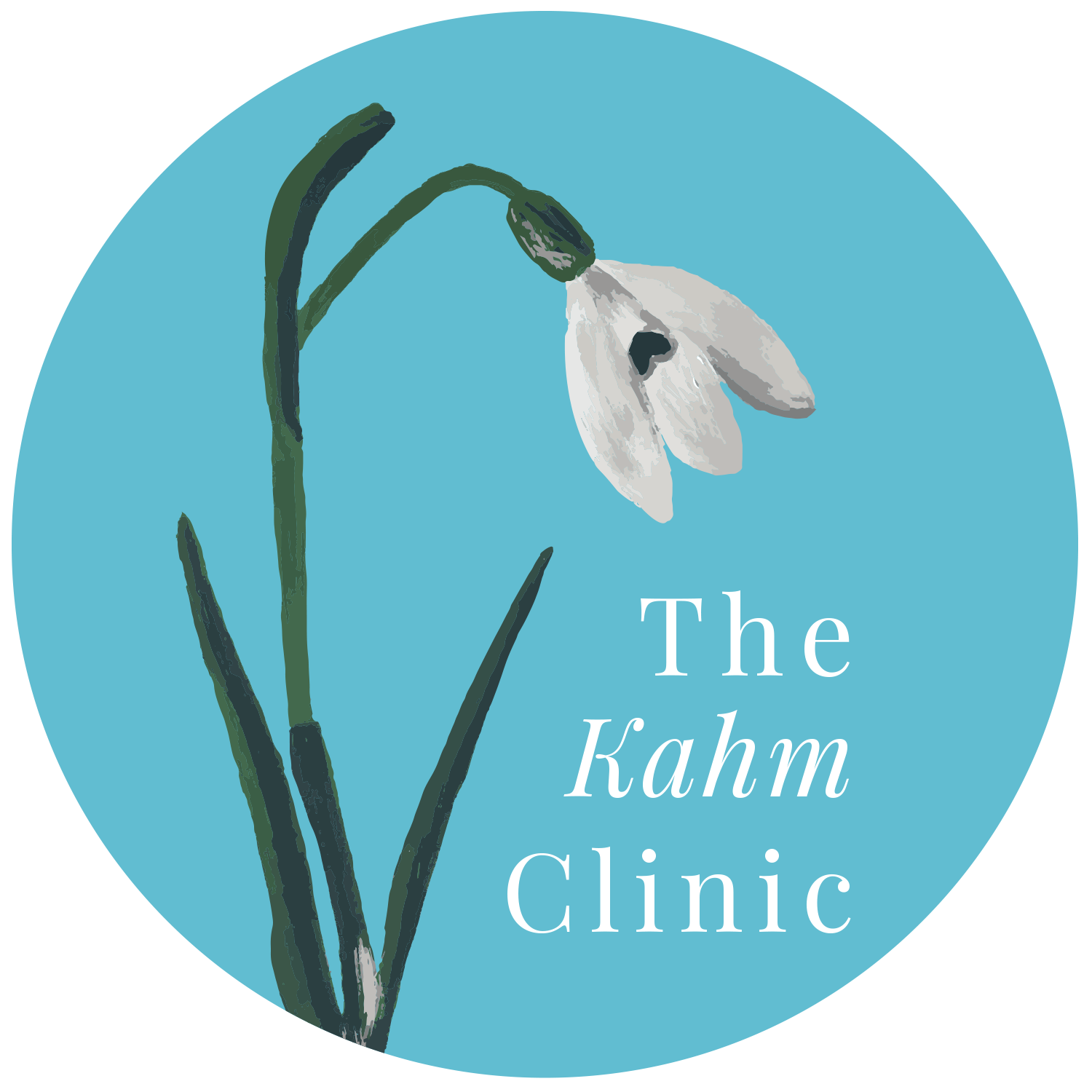The Need for Eating Disorder Care and Resources for Adolescents and Young Adults in Vermont
Are there enough eating disorder treatment and resources in Vermont for adolescents and young adults? Many people, including both clinicians and disordered eating patients, say no.
Eating Disorder Statistics in Vermont
From 2016 to 2019, hospital admissions data in the state shows that the number of female patients ages 15 to 24 needing inpatient treatment increased by 75 percent. In some cases, the cases are so prolonged or severe that the individual needs a level of residential care that’s not available in the state.
Additionally, throughout the COVID-19 pandemic, there has been a greater demand for eating disorder care in Vermont. Last spring, in a letter to Vermont Senator Bernie Sanders, the executive director of the Multi-Service Eating Disorder Association (MEDA), located in Massachusetts, said the number of clients they serve went up 700 percent since March 2020. Throughout the last two decades, 20 to 25 percent of their patients have been from Vermont, including 59 patients at the time of the letter.
Further compounding the issue, the state of Vermont doesn’t track eating disorder treatment waitlists. When asked, both the Health Department and Mental Health Department had no data to share. According to a recently-completed wait-times study by the Agency of Human Services, there were several patient reports of long wait times for pediatric eating disorder treatment, but no one collected details to paint a full picture of the problem.
At The Kahm Clinic, we’ve seen the ramifications of this gap in care firsthand. We currently have 20 pediatric patients being treated for eating disorders. Even when we prioritize these individuals — because they simply need care the most — it takes about a month for a new eating disorder patient to be seen.
A Vermont Student’s Personal Experience with Anorexia
In a recent story for WCAX in Burlington, Amelia Cassidy of Colchester spoke of her personal experience of seeking eating disorder treatment in Vermont. Heading into her senior year of high school, she focused on having the best cross country season possible. She described her mindset as “skinnier is faster.”
Soon, though, the stress and anxiety turned into an obsession about what she ate. Explaining this feeling, Amelia said, “It’s [almost addictive]. It pulls you in, like, ‘Oh my gosh, I had an extra piece of toast at breakfast.’ And then the panic sets in.”
By the end of summer, she developed anorexia. Had her mother Kathy Bates not noticed that her daughter wasn’t eating enough, the disease would’ve gone untreated. A doctor’s visit confirmed that Amelia had lost too much weight. She was told to gain it back, which left the student athlete feeling frustrated.
“I was like, ‘Well, I’m doing [it] for my sport, and it’s OK,” she explained. “And seeing these influencers on Instagram who are skinnier than me — they are literally worshiped for their bodies. Why are you upset with me for losing all this weight?”
Her mom added, “She didn’t want to eat, and she had anxiety around eating.” As the next step, they tried to set appointments with nutritionists and therapists — and that’s when they realized the gaps in eating disorder care and resources for young people in Vermont.
Knowing that dialectical behavior therapy (DBT) was most likely the best approach for treating Amelia’s anorexia, Kathy struggled to find an available therapist. “That was frustrating because I knew what might work, and I couldn’t get it for her,” she says. There simply aren’t enough clinicians to meet the demand.
Eating Disorder Treatment at The Kahm Clinic
Kathy added Amelia’s name to numerous waitlists, and after almost a month, Amelia began working with The Kahm Clinic in Burlington. Had her eating disorder gotten much worse, she may have needed residential care out of state. Fortunately, she found success with our treatment approach.
Amelia is now fully weight-restored and part of the varsity girls rowing team at the University of Toronto. “I don’t see food as a number now, which is incredible. I genuinely don’t think I would have recovered to the point that I have without [The Kahm Clinic],” Amelia shared. “And the fact that so many people don’t have resources like that is sad, that they’re going to be stuck in this cycle forever.”
To talk to a professional about eating disorder treatment, nutritional needs, and more, please reach out to our staff or schedule an appointment at The Kahm Clinic today.

